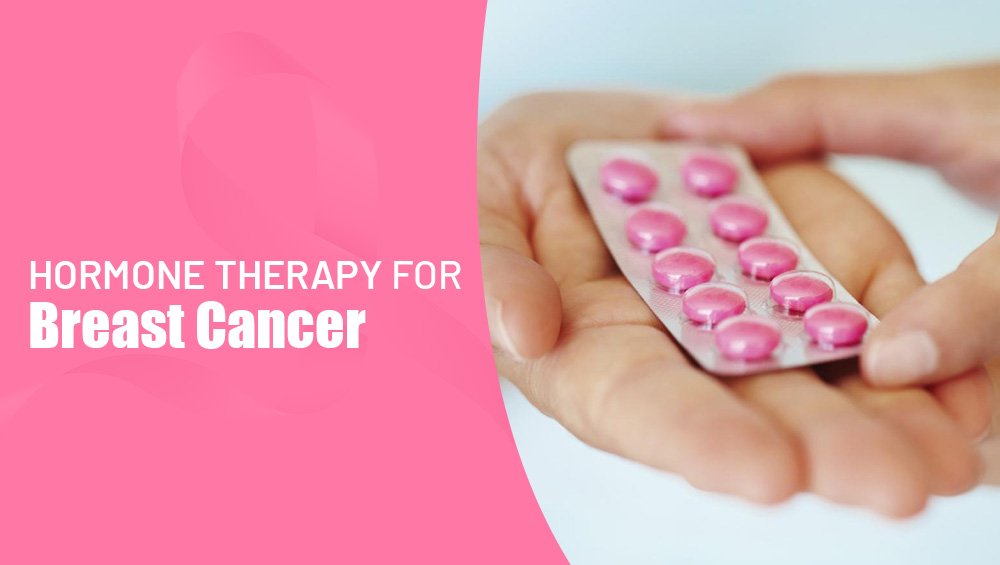
Breast cancer is a complex and challenging condition that affects millions of individuals worldwide. It not only poses physical threats but also takes an emotional toll, stirring up fear, anxiety, and stress. While medical treatments and interventions are crucial in the fight against this disease, emerging research is shedding light on the powerful role that our mental and emotional well-being can play in supporting our physical health.
Acknowledging the influence of our minds on our bodies is essential to optimize our overall well-being and enhance the effectiveness of conventional treatments.
In this blog, we will explore the fascinating interplay between the mind and breast cancer, and how cultivating a positive mindset can contribute to the overall healing process. By harnessing the power of our minds, we have the potential to strengthen our resilience, improve treatment outcomes, and experience a higher quality of life throughout our journey with breast cancer.
The Emotional Impact of Breast Cancer
breast cancer diagnosis is often accompanied by a wide range of intense emotions that can have a profound impact on a person’s well-being. Understanding and addressing the emotional aspects of the disease are crucial for comprehensive care and support. This section explores the emotional impact of breast cancer, focusing on the fear, anxiety, and stress associated with the diagnosis, as well as the psychological challenges experienced throughout the treatment journey.
Fear, Anxiety, and Stress Associated with the Diagnosis:
Receiving a breast cancer diagnosis can be a deeply distressing and overwhelming experience. Fear and anxiety naturally arise as individuals grapple with uncertainty about the future, concerns about treatment outcomes, and the potential impact on their lives and relationships. The fear of mortality, the fear of physical pain, and the fear of the unknown can be profound sources of stress.
Anxiety often manifests in various ways, such as persistent worrying, restlessness, difficulty concentrating, and sleep disturbances. The constant presence of anxiety can further exacerbate stress levels and impact overall well-being. It is essential to acknowledge and address these emotions to ensure that individuals receive the support they need to navigate their breast cancer journey effectively.
Psychological Challenges Throughout the Treatment Journey:
Breast cancer treatment is a multifaceted process that can be mentally and emotionally demanding. Enduring medical procedures, such as surgeries, chemotherapy, radiation therapy, and hormone therapy, can bring about significant psychological challenges. Physical changes resulting from treatment, such as hair loss, fatigue, and body image alterations, can also impact one’s self-esteem and emotional state.
Additionally, the treatment journey often involves navigating complex decisions about treatment options, managing side effects, and coping with the uncertainty of prognosis and potential recurrence. Emotional struggles, such as feelings of sadness, anger, frustration, and grief, may arise at different stages of the treatment process.
Recognizing and addressing these psychological challenges is vital for supporting the overall well-being of individuals affected by breast cancer.
Overview of the Mind-Body Connection and Its Relevance to Breast Cancer:
The mind-body connection refers to the intricate interplay between our thoughts, emotions, and physical health. It recognizes that our mental and emotional states can have a significant impact on our physical well-being, including during the experience of breast cancer. Understanding and harnessing this connection can provide valuable insights into how we can actively support our healing process.
Breast cancer, like other illnesses, is not solely confined to the physical realm. It affects the whole person, encompassing their thoughts, emotions, and spirit. By acknowledging the mind-body connection, we acknowledge that our mental and emotional well-being can influence our physical health outcomes.
Stress Management Techniques for Emotional Well-being
Let’s explore holistic approaches that integrate the mind, body, and spirit to support healing and overall well-being during breast cancer treatment.
Mindfulness and Meditation: Practicing mindfulness and meditation techniques can help individuals cultivate a sense of calm, improve emotional regulation, and reduce anxiety. These practices involve focusing on the present moment, observing thoughts and feelings without judgment, and nurturing self-compassion.
Relaxation Exercises: Engaging in relaxation exercises, such as deep breathing, progressive muscle relaxation, and guided imagery, can promote relaxation and reduce stress. These techniques can be easily integrated into daily routines and provide a much-needed respite from the demands of treatment.
Physical Activity: Regular physical activity, based on individual capabilities and healthcare providers’ recommendations, can have positive effects on emotional well-being. Exercise releases endorphins, the body’s natural feel-good hormones, which can improve mood, reduce stress, and increase overall energy levels.
Emotional Support Systems and Resources for Patients and Caregivers
Remember, each person’s coping strategies will be unique, and it is essential to find approaches that resonate with individual needs and preferences.
Seek Professional Help: Engaging with a therapist, counselor, or psychologist experienced in working with individuals affected by cancer can provide valuable emotional support. These professionals can help individuals navigate complex emotions, address fears and concerns, and develop effective coping mechanisms.
Join Support Groups: Participating in support groups, either in-person or online, can connect individuals with others who understand their experiences. Sharing thoughts, concerns, and triumphs with peers can foster a sense of community, provide emotional validation, and offer practical insights and coping strategies.
Open Communication: Establishing open and honest communication with loved ones, healthcare providers, and support networks is crucial. Expressing feelings, concerns, and needs can help individuals feel heard, validated, and supported, thereby reducing the emotional burden and fostering stronger connections.
Educate Yourself: Gathering information about breast cancer, treatment options, and self-care strategies can empower individuals to actively participate in their care. Knowledge equips individuals with a sense of control and helps them make informed decisions, ultimately reducing anxiety and uncertainty.
Incorporating a combination of these coping strategies can help individuals develop resilience, manage emotional challenges, and foster a positive mindset throughout the breast cancer journey.
Closing Thoughts
How Your Mind Can Help Your Body is a testament to the profound connection between our mental and physical well-being during the breast cancer journey.
Remember, your journey is unique, and it is crucial to seek personalized guidance from healthcare providers and professionals. By leveraging the power of your mind, you can become an active participant in your care, finding strength, healing, and inspiration along the way.
Breast cancer may test our bodies, but it is within the realm of our minds that we can unlock the true potential for healing, growth, and transformation. Embrace the partnership between your mind and body, for it holds the key to a more empowered and meaningful breast cancer journey.











